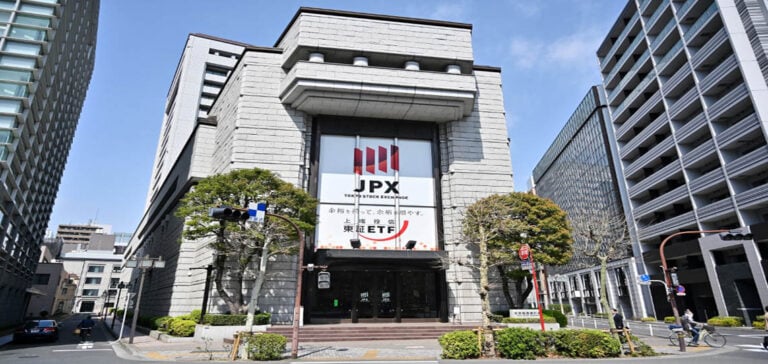PetroChina International wins the first Japanese carbon credits, or J-credits, physically traded on the Tokyo Stock Exchange’s new carbon trading platform. This fact underlines the participation of PetroChina, a subsidiary of China National Petroleum Corp, one of the world’s largest oil and gas companies, in Japan’s domestic carbon market, one of the first initiatives by a developed country in Asia to establish a standardized carbon market.
Preparation and commitment
On October 11, PetroChina International’s Japanese branch received a transaction confirmation e-mail with serial number 1 from the Japan Exchange Group, or JPX, which operates the Tokyo Stock Exchange, indicating that it had executed the first set of transactions, according to the release. PetroChina International said it had prepared its participation in Japan’s first carbon trading platform well in advance of the launch, setting up a dedicated team, understanding the exchange’s carbon trading rules and familiarizing itself with trading strategies. The state-owned oil and gas company said it was actively developing a global pool of carbon assets and accumulating the necessary experience to conduct more extensive carbon credit trading activities on a global scale, and the Tokyo Stock Exchange transaction was part of its plan.
Future objectives
“The Japanese subsidiary will take advantage of this transaction to further explore the Northeast Asian market, actively develop projects in the carbon, power and renewable energy sectors, and contribute to PetroChina International’s green transformation,” the statement said. PetroChina International said that the natural gas team of its Japanese subsidiary had taken the lead in the carbon credit transaction, but did not disclose the types, transaction volumes and settlement prices of the J-credits traded by them.
Worldwide expansion
The company is an active player in the Singapore LNG market, trading both physical LNG cargoes and LNG derivatives. It has expanded its global LNG portfolio and is part of a wave of Chinese oil and gas companies that have progressively expanded their trading footprint in commodity markets. PetroChina International has also negotiated carbon-neutral LNG cargoes. In 2021, it received its first cargo of carbon-neutral LNG at the port of Dalian after signing a forward contract for the supply of carbon-neutral LNG with Shell.
Japan’s Carbon Market
On October 11, the Tokyo Stock Exchange, part of the JPX, launched trading based on J-credits, which are issued by a domestic registry, certifying emissions reductions in Japan. Prior to the launch of this exchange-based market, J-Credits were traded off-exchange or through government auctions. Exchange-based trading, with price transparency and standardized trading procedures, should be more attractive to international investors, especially professional traders. On opening day, prices for J-Credits ranged from 2,480 to 9,900 yen/mtCO2e ($16.68 to $66.57/mtCO2e), depending on the type of project. The most expensive J-credits came from forest carbon sink projects, in the range of 7,000 to 9,900 yen/mtCO2e, as S&P Global Commodity Insights previously reported.
A major step forward for PetroChina International
This victory for PetroChina International in the field of Japanese carbon credits marks a significant milestone for the company. It shows its commitment to participating in Japan’s carbon market, one of the first of its kind in Asia, and testifies to its meticulous preparation for entry. This step is part of PetroChina International’s wider strategy to develop a global portfolio of carbon assets and expand its carbon credit trading activities internationally. In addition, the company plans to further explore the Northeast Asian market and develop carbon, power and renewable energy projects. This development is in line with the industry’s general trend towards greater commitment to environmentally-friendly practices. The creation of a standardized carbon market in Japan opens up new opportunities for international investors, which could further boost the carbon sector in Asia.
In short, PetroChina International’s participation in the Japanese carbon market reflects not only its commitment to environmental sustainability, but also its strategy of expansion in the global carbon sector.






















